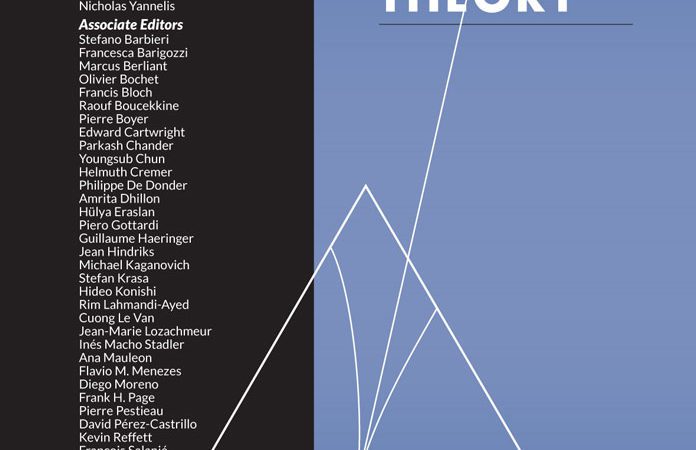
We develop a theoretical model to study the relationship between climate change, migration, and conflicts from the perspective of the recipient countries, which we call collectively the North. The North chooses the number of immigrants it wants to accept together with the amount of climate change mitigation. The potential number of migrants is determined by the extent of climate change in the South. Accepting more migrants allows the North to increase local production but it also exacerbates climate change and gives rise to internal conflicts. Those potential migrants that want to migrate North due to climate change but are not allowed to immigrate may induce external conflicts. We find that a policymaker, subject to the threat of both internal and external conflicts, may either choose a policy that relies more on mitigation with less immigration, or less mitigation and more immigration. Which policy ought to be pursued depends on the relative cost of internal and external conflicts, and the mitigation cost. If either the threat of external or internal conflicts are negligible, then we find that the optimal mitigation and immigration policies are not interdependent any longer. We also discuss when mitigation and immigration policies are substitutes or complements.
